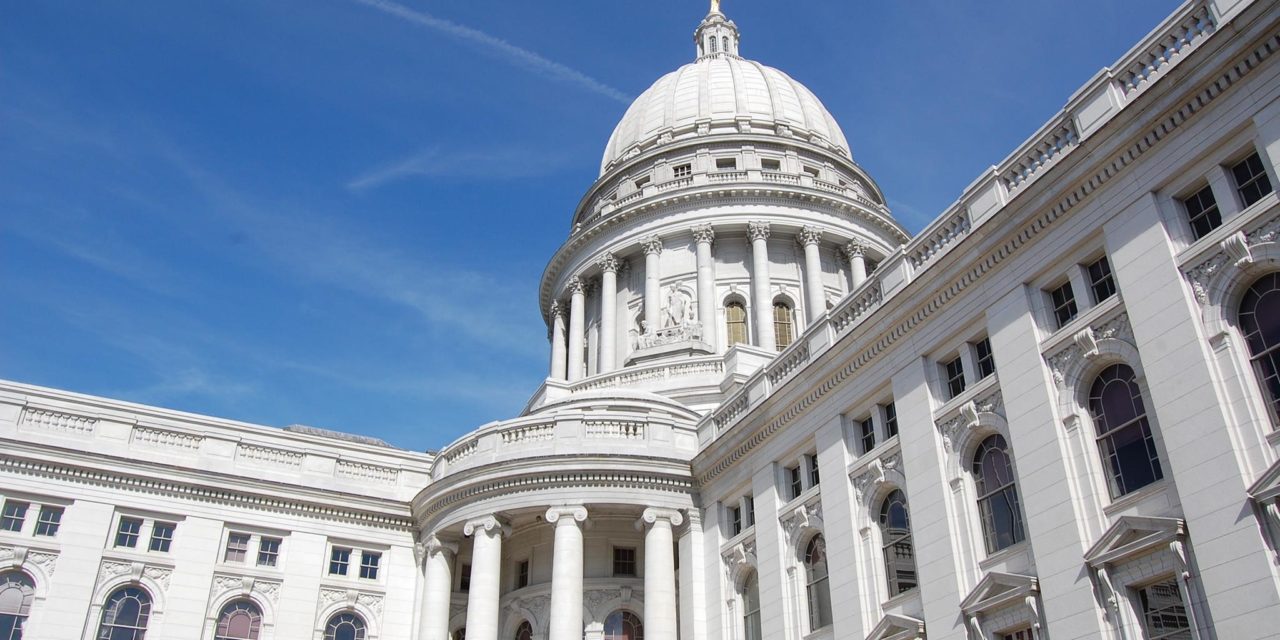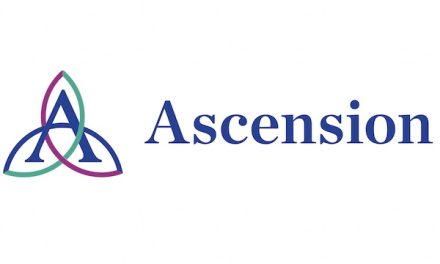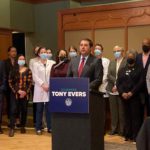
Legislature will have to act on emergency Medicaid waiver

Wisconsin’s Legislature will have to act on a plan waiving Medicaid regulations that aims to support the state’s healthcare system’s response to COVID-19.
That’s due to a state law passed after Gov. Tony Evers was elected and before he took office.
Last week, the Department of Health Services submitted an emergency 1135 waiver to the Legislature’s budget-writing committee seeking dozens of Medicaid changes. They asked that the committee “quickly” convene by telephone or paper ballot to approve the measure.
However, spokesmen for the co-chairs of the Joint Finance Committee said that the measure is not properly before the committee and has to move through the full legislative process.
“The committee does not have the authority to make those changes,” Bob Delaporte, spokesman for Sen. Alberta Darling, R-River Hills, said Friday.
Chirs Borgerding, spokesman for Rep. John Nygren, R-Marinette, said state law requires specific legislation directing that DHS seek a federal waiver. That interpretation is backed by the Legislative Council and the Legislative Fiscal Bureau, he said.
The requirement was included in legislation enacted after the 2018 November elections but before Evers took office. When signing the bill, former Gov. Scott Walker said it would continue his administration’s practice of working with the Legislature on waivers.
States received the ability to apply for emergency 1135 waivers when President Donald Trump declared a national emergency earlier this month. As of Friday, 34 states had received approval for such waivers, according to the Centers for Medicare and Medicaid Services.
Elizabeth Goodsitt, DHS spokeswoman, said that they’ve been told by the committee’s co-chairs that they’d also need legislative approval for enhanced federal Medicaid funding included in a bill recently passed by Congress.
“DHS and the governor’s office are working with legislative leadership to take action so healthcare providers can best respond to this pandemic,” she said in a statement.
Jon Peacock, Kids Forward research director, called the changes “critically important for expediting an aggressive response to this deadly epidemic.”
“The Legislature has created huge hurdles to speedy action by the Department of Health Services,” he said. “In the space of just a couple of days in 2018, the Legislature rammed through a lame-duck law that severely restricts the ability of state agencies to respond to emergencies.”
Peacock said the Legislature needs to fix “the problem it created” by acting quickly to repeal or circumvent the law. Not doing so would make Medicaid a weaker tool to address COVID-19, and the state could lose out on tens of millions of dollars of Medicaid funding, he said.
The waiver’s proposed changes include allowing providers to receive payments for services provided in mobile testing sites, temporary shelters or other non-traditional facilities. It’d also waive the requirement for actuarially sound Medicaid managed care rates for the 2020 calendar year and suspend cost-sharing for Medicaid recipients for the duration of the declared emergency.
Wisconsin Health News is removing the password on all stories related to the coronavirus. For the latest developments follow us on Twitter at @wihealthnews or check out our website. For complete healthcare coverage, sign up for a free trial to our daily email newsletter.





